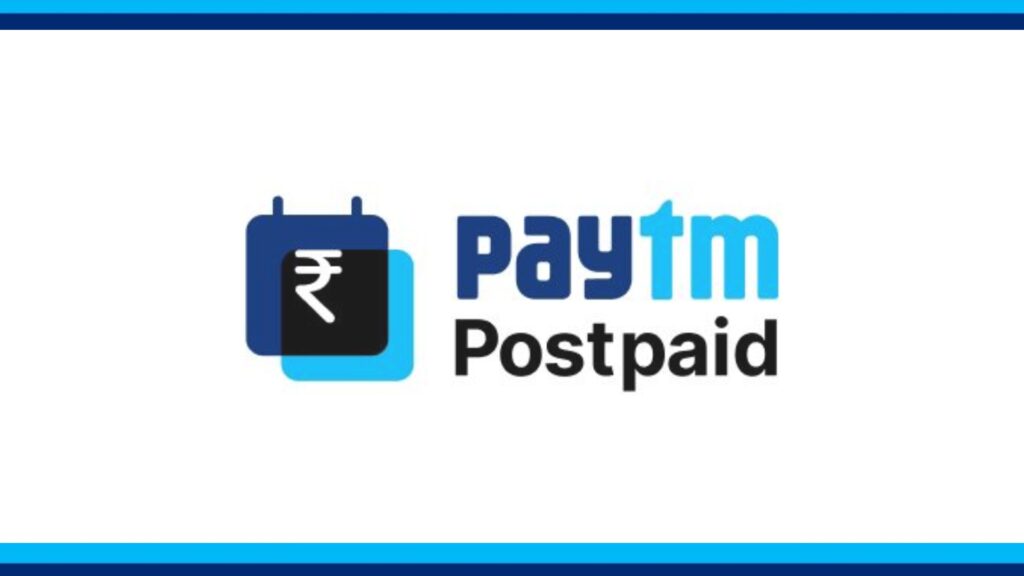Paytm has introduced Paytm Postpaid as a Credit Line on UPI, in partnership with Suryoday Small Finance Bank. While it may look like a simple “spend now, pay later” feature, the move has clear practical benefits for Paytm’s business.
First, it allows controlled and data-driven credit expansion. By offering credit initially to selected users based on their spending patterns, Paytm can manage risk while building a reliable lending portfolio. This approach not only limits defaults but also helps the company earn commissions and margins on every transaction, which strengthens revenue streams and contributes to profitable growth over time.
Second, it boosts transaction volume and merchant engagement. Since Paytm Postpaid works directly on UPI, users can pay across any UPI-enabled merchant, not just within the app. This increases the number of transactions flowing through Paytm’s platform, which directly generates revenue through processing fees and strengthens Paytm’s ecosystem. Merchants benefit from instant settlements, making Paytm a preferred partner for payments.
From my perspective, these two factors together give Paytm a practical competitive advantage. By carefully expanding credit and earning margins on lending, while simultaneously driving higher transaction volumes, Paytm strengthens both its financial services business and payments infrastructure.
In short, Paytm Postpaid on UPI is a strategic move as it helps the company grow its lending business profitably, earn meaningful commissions, and expand its position in India’s crowded fintech landscape, creating a stronger foundation for future growth.
Also Read: Mercedes-Benz Hurun India Wealth Report 2025: What Startups Can Learn from India’s New Millionaires










